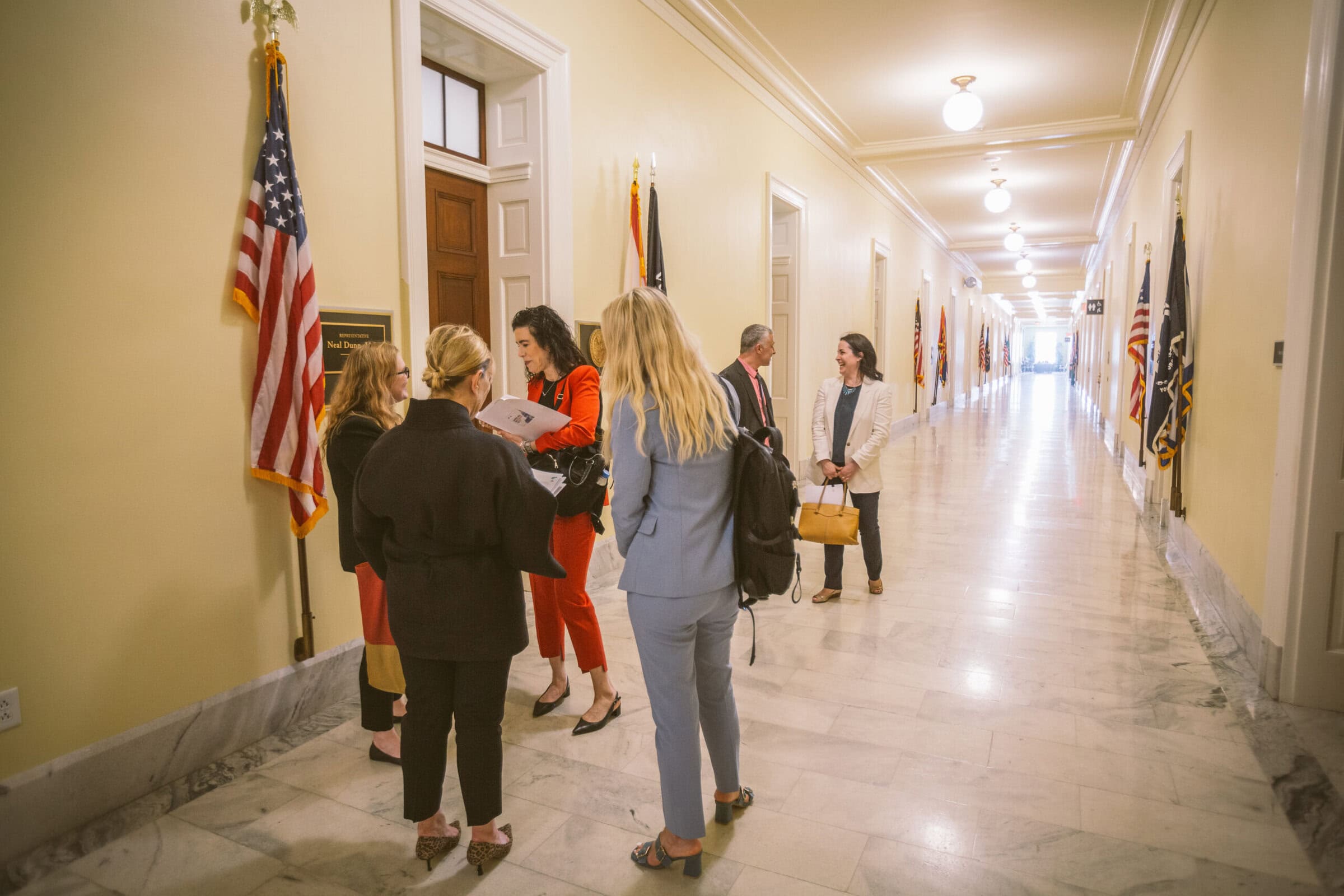Author
Amanda Anderson
4As VP, Government Relations
Topic
- Government Relations
- Regulations
Federal Trade Commission (FTC) Chair Lina Khan held a press conference on January 5 announcing a proposed rule that would ban employers of any size nationwide from both entering into new non-compete agreements with and enforcing existing non-compete agreements against their workers. Of note, the proposed rule would not apply to non-compete agreements that are entered into by a person who is selling their interest in a business.
The proposed rule builds upon a 2021 White House Executive Order on Promoting Competition in the American Economy in which President Biden directed the FTC to use its statutory rulemaking authority under the Federal Trade Commission Act “to curtail the unfair use of non-compete clauses and other clauses or agreements that may unfairly limit worker mobility.”
Particularly important for agencies, the proposed rule itself makes no mention of client non-solicitation agreements; the FTC’s Notice of Proposed Rulemaking notes that “the definition of non-compete clause would generally not include . . . client or customer non-solicitation agreements” because these agreements do not generally prevent workers from competing with their employer altogether. However, the Notice goes on to caution that the examples of de facto non-compete agreements provided in the proposed rule are not exhaustive and that other forms of post-employment restrictive covenants could be considered de facto non-compete agreements depending on the specific facts and how broadly such agreements are written.
In addition to employees, the proposed rule covers independent contractors, externs, interns, and sole proprietors who provide services to clients and customers. It’s not yet clear what the effect of trade secret protection, either under a state uniform act or federal law, might have and whether these restrictions on use and disclosure be considered a restriction that rises to the level of a non-compete.
The proposed rule would preempt any state statute, regulation, order, or interpretation that is inconsistent with the provisions of the final rule except to the extent that they provide workers with greater protections. States including California, North Dakota and Oklahoma, as well as the District of Columbia have already outlawed the use of non-compete agreements, and other states restrict their use among certain groups of workers.
Public stakeholders can submit written comments on the proposed rule to regulations.gov until March 10, 2023. No doubt, there will be legal challenges should this rule become law.
The FTC estimates that one in five American workers are subject to non-compete agreements and that the proposed rule would increase American workers’ earnings between $250 billion and $296 billion per year.
A fact sheet on the proposed rule is available here.
Have questions about the FTC’s proposed rule on non-compete agreements? Please contact Amanda Anderson, 4As Director of Government Relations.
Related Posts



12/17/2025

